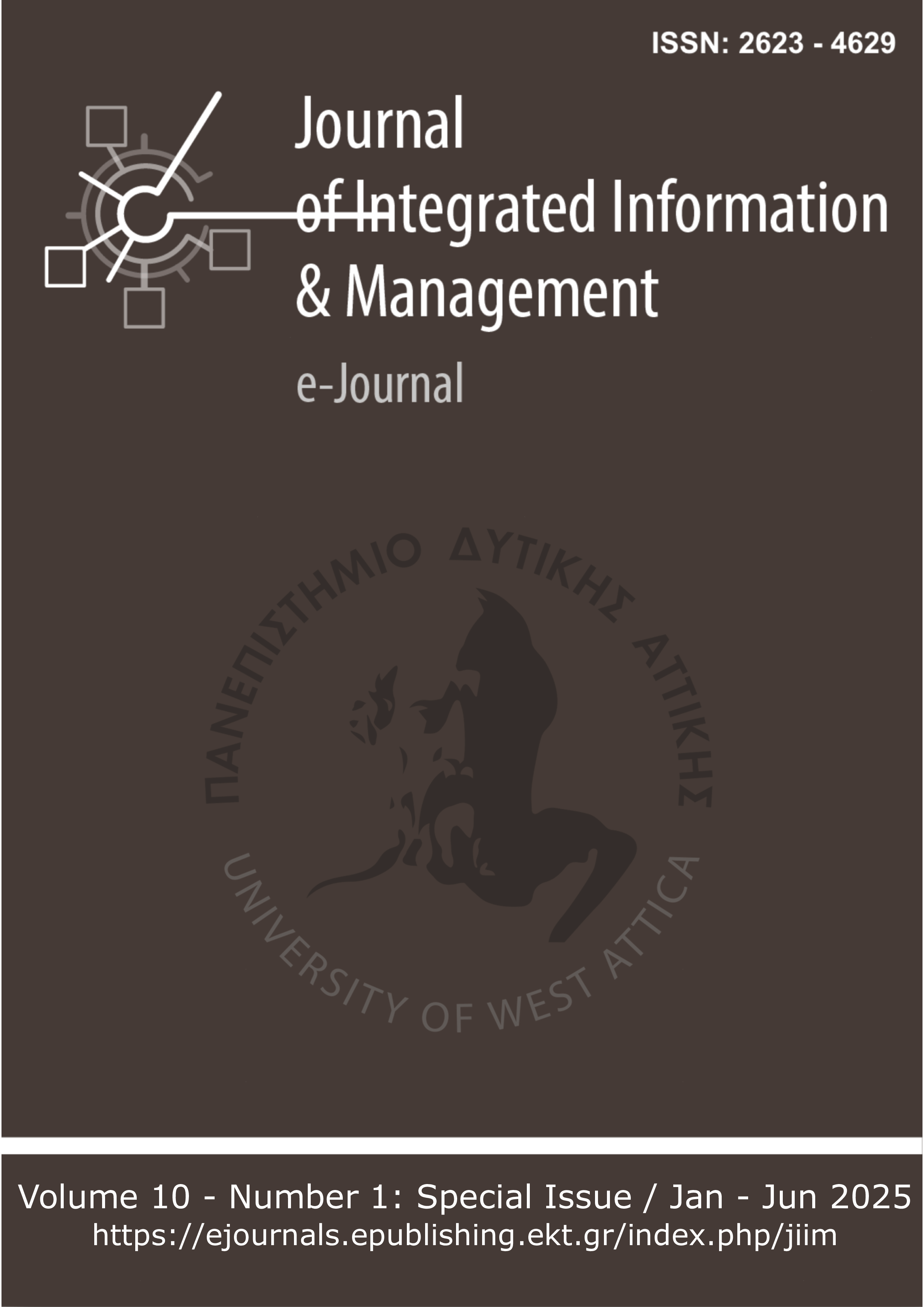Historical Research in the Digital Age: Opportunities, Challenges, and Critical Reflections through the Case of Europeana

Abstract
Purpose - This study explores the impact of digitization on access to and use of historical archives, with emphasis on both the opportunities and the challenges it presents. Through a focused case study of Europeana, the European Union’s flagship digital cultural heritage platform, the paper highlights how digitization has transformed the ways in which archives are collected, organized, and researched. However, this process is far from neutral, raising critical questions regarding historical interpretation and representation.
Design/methodology/approach - The article adopts a qualitative analysis of the operational structure and practices of Europeana. It examines the opportunities digitization creates for historical research, as well as the constraints and challenges associated with metadata quality, copyright restrictions, authenticity, and cultural representation.
Findings - While digitization expands access to historical records and opens new avenues for research, it also introduces persistent challenges. Metadata heterogeneity, restricted access, and issues of authenticity remain significant obstacles. Europeana emerges as an ambitious initiative with both strengths and limitations.
Originality/value - This study contributes to a deeper understanding of the complexities of digital archival access and emphasizes the need for critical engagement, transparency, and ethical responsibility. It underscores the importance of improving metadata quality, enhancing interoperability, and promoting inclusion within digital archives.
Article Details
- How to Cite
-
Papaioannou, C. (2025). Historical Research in the Digital Age: Opportunities, Challenges, and Critical Reflections through the Case of Europeana. Journal of Integrated Information Management, 10(1), 19–24. https://doi.org/10.26265/jiim.v10i1.41305
- Section
- Research Articles

This work is licensed under a Creative Commons Attribution-NonCommercial 4.0 International License.
Copyright Notice
Authors who publish with JIIM agree to the following terms:
- Authors retain copyright and grant the journal right of first publication with the work simultaneously licensed under a Creative Commons Attribution Non-Commercial License that allows others to share the work with:
- An acknowledgment of the work's authorship and initial publication in this journal.
- Authors are permitted and encouraged to post their work online (preferably in institutional repositories or on their website) prior to and during the submission process, as it can lead to productive exchanges, as well as earlier and greater citation of published work.





